A former Head of State, Gen. Yakubu Gowon, yesterday argued that in spite of the imperfections in Nigeria’s democracy, the era of military rule must remain behind Nigeria.
Gowon stated this in Abuja at the unveiling of a book titled: “Military Factor in Nigerian History, 1960-2018”, by the Historical Society of Nigeria (HSN), as part of activities to mark the association’s 70th anniversary.
He said that while the military and its various regimes had contributed monumentally to the peace and economic development of Nigeria, it must continue to support the advancement of democracy and national development.
“The era of military governance is and must remain behind us. Democracy, despite its imperfections, provides the best framework for national development and popular participation.
“The armed forces must fully embrace their constitutional role as defenders of the nation’s territorial integrity, not as administrators or political actors,’’ he said.
Gowon, who chaired the occasion said that the military factor in Nigerian history is neither a simple story of heroism nor villainy. He described it as a complex narrative of an institution that had been deeply intertwined with the country’s national journey.
The former head of state observed that the question of whether the military has been a hero or villain in Nigeria’s development journey is perhaps the most contested.
“With the wisdom that comes from age and reflection, I believe the answer lies somewhere in between. On one hand, the military preserved national unity during the civil war. We built infrastructure, created states to bring the government closer to the people, and at times restored order when civilian structures faltered.
“Our armed forces have distinguished themselves in peacekeeping operations across Africa and beyond. On the other hand, I must acknowledge that military rule stifled democratic development, sometimes violated civil liberties, and created structures that enabled corruption.
“The interruption of our democratic journey in 1966, 1983, and the annulment of the June 12, 1993 elections represented dark chapters in our history that we must confront honestly. However, by acknowledging these mistakes, we pave the way for a brighter,more democratic future,’’ Gowon said.
Reflecting on the civil war in Nigeria, Gowon described it as the most painful episode in Nigeria history, “but one ultimately reaffirmed our commitment to national unity.’’
Commenting on the current security challenges, Gowon said that addressing it demanded a military that is technologically sophisticated and intelligence-driven. He also advised the armed forces to become more integrated with civilian institutions and society.
He said the military should not stand apart from the people but should be seen as an essential component of the national fabric, working in tandem with civilian authorities. According to him, the Nigerian military must continue to play a vital role in regional security while strengthening the nation’s defence capabilities.

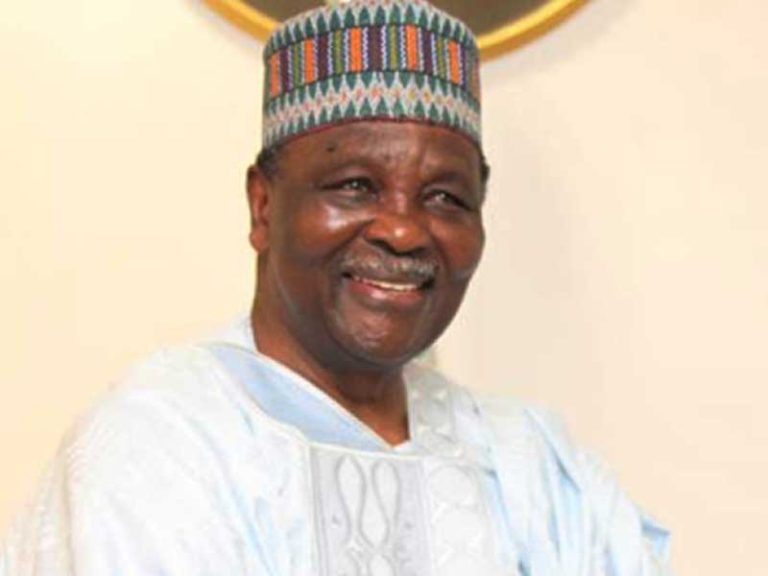
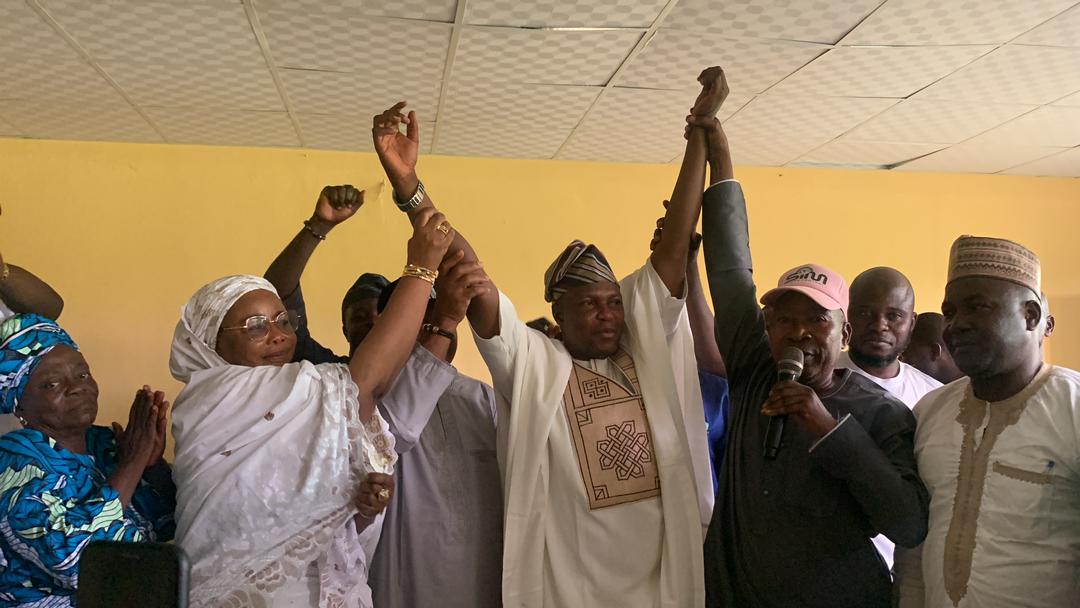
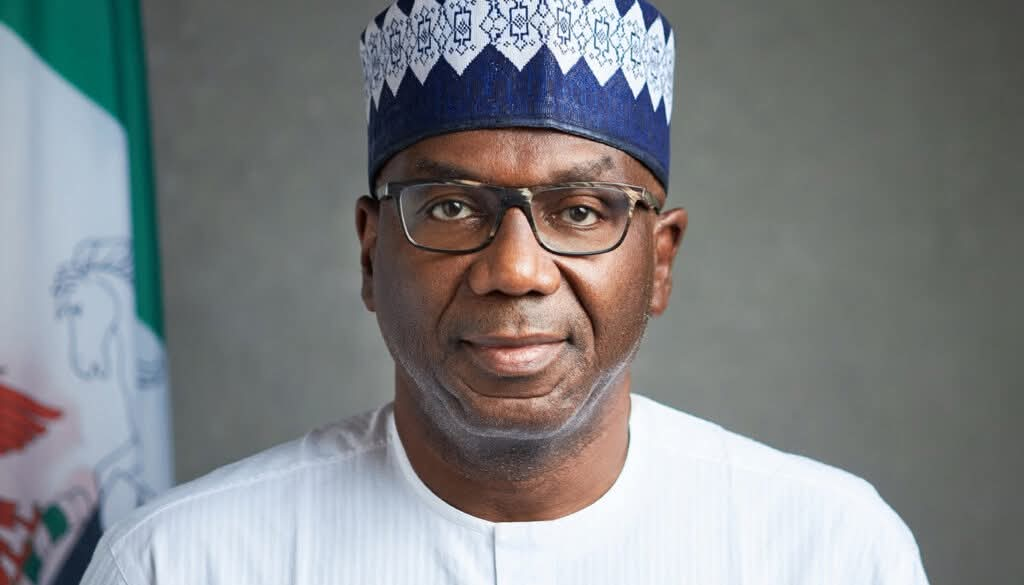
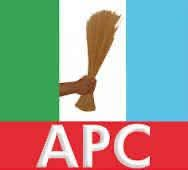
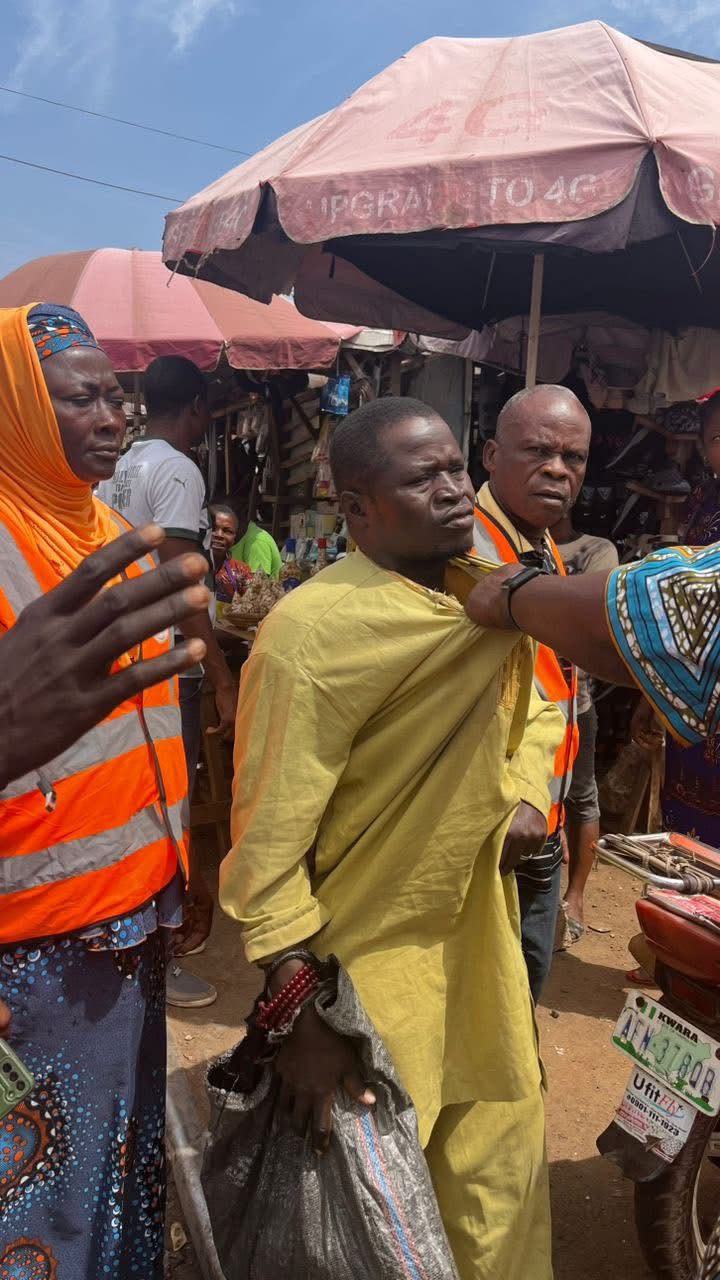
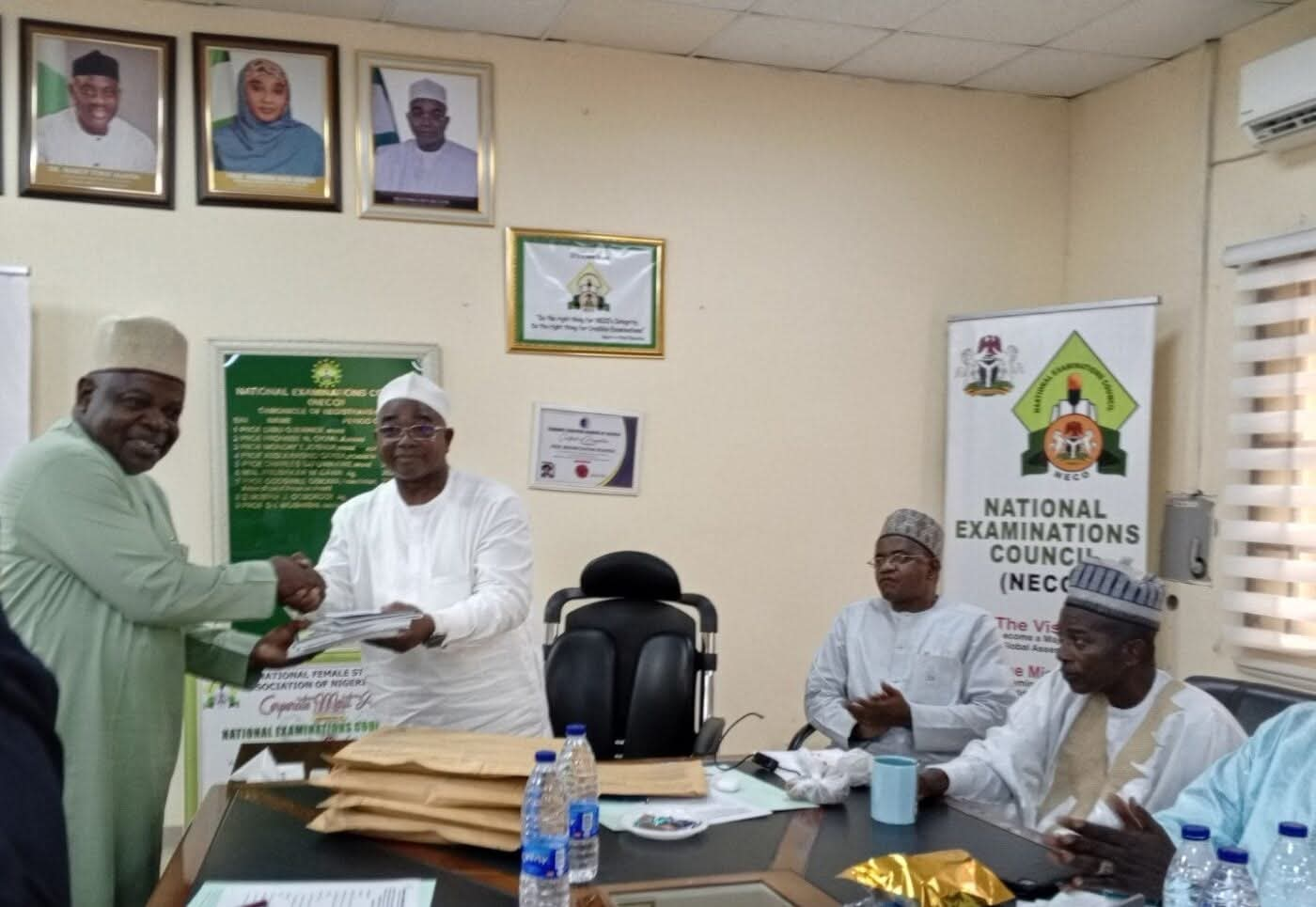
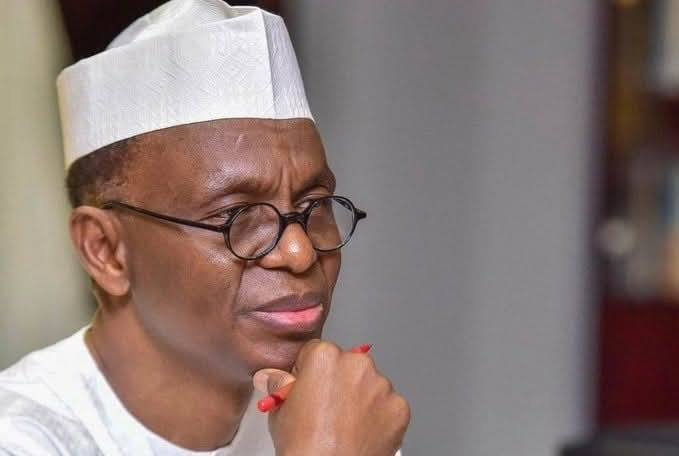
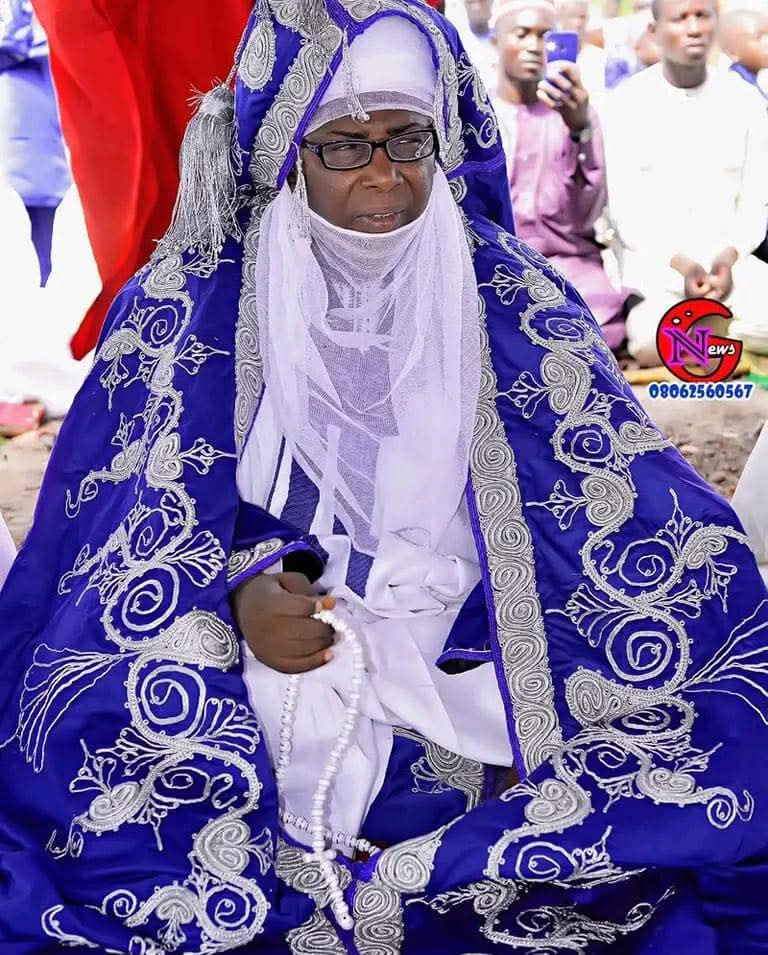
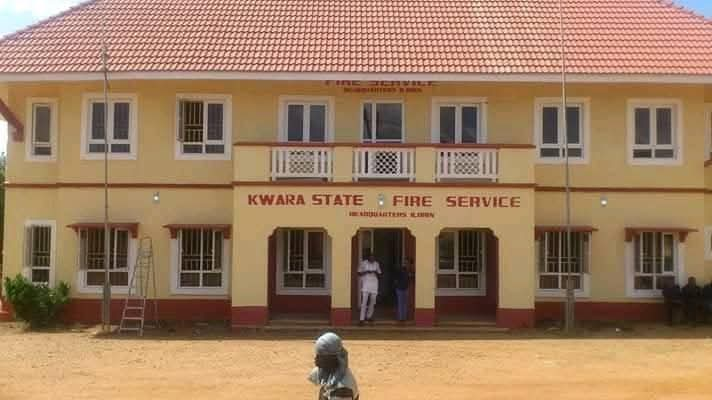
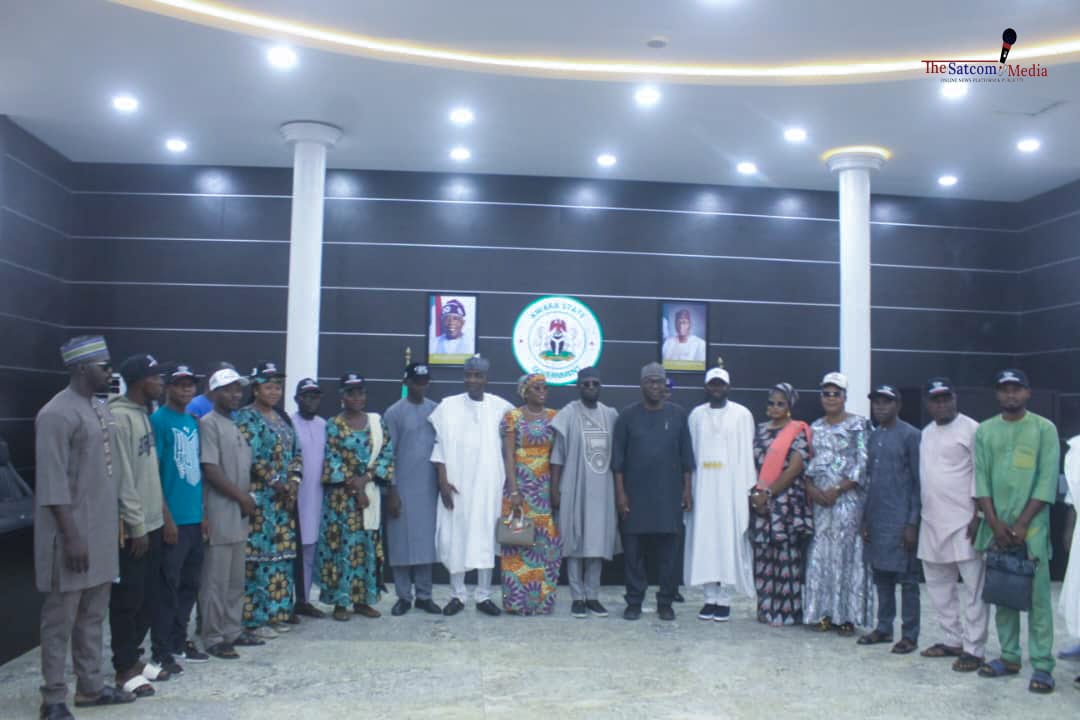
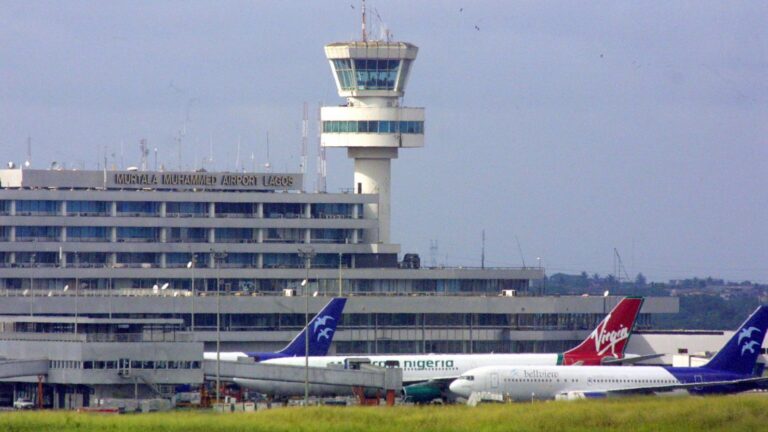
Leave a Reply